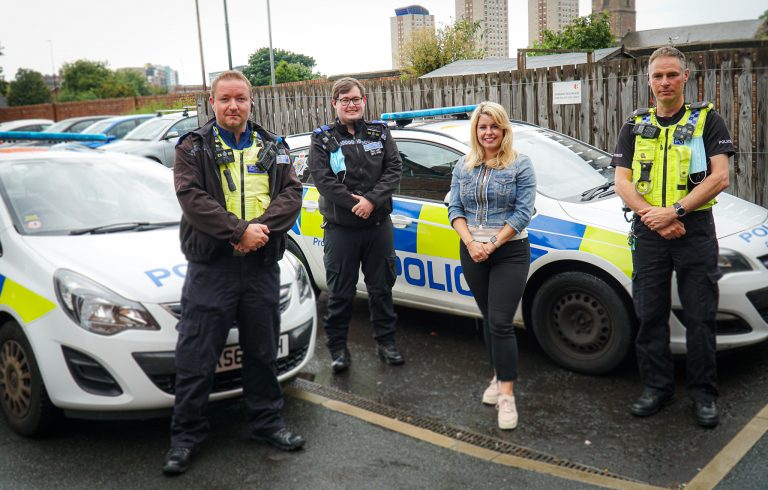When can the Police share information under “Clare’s Law” ?

The Domestic Violence Disclosure Scheme (DVDS – also known as “Clare’s Law”) was rolled out across the country in 2014, following the tragic murder of Clare Wood by her former partner George Appleton in 2009.
The aim of the scheme is to help safeguard individuals who are at risk of domestic violence by enabling the police to share information with individuals that their partner has previously been involved in domestic abuse-related offences.
There are two routes to providing this information, a “right to ask” (where a concerned person can request information from the police about their partner) and a “right to know” (where the police proactively contact an individual and provide them with that information after becoming aware of a risk.)
The scheme did not introduce any additional legal powers but instead built a framework around the police’s existing powers to disclose information under the common law. This requires a delicate balancing exercise and such a system needs to be tightly regulated, because disclosing information about people’s criminal records engages their rights under the Data Protection Act/GDPR and their rights to privacy under Article 8 of the Human Rights Act / European Convention on Human Rights.
Police forces are required to follow Statutory Guidance issued by the Home Office. The Guidance sets out a number of rules which govern how and when the police can give out information under the scheme, including the following:
- The Police must first establish that the applicant using their “right to ask” is who they say they are and that they are making a genuine request – and warn the applicant that they can be prosecuted for making a false application
- Where the police’s “right to know” duties are triggered, they should first investigate whether the risk is credible by carrying out an intelligence check using records such as on the Police National Computer and other databases.
- The Police should consider whether to seek representations from the person whose information will be shared, before deciding whether to share it
The police should then decide whether to categorise the case as a ‘concern’ or ‘no concern’. In doing so they should take into account:
- Whether the person has convictions for domestic abuse-related offences
- Whether they are a ‘serial perpetrator’ of domestic abuse, and
- Whether there is any other intelligence about previous violence/abusive offending including cases that were not charged, or concerning behaviour towards former partners.
The police retain a discretion to provide information even on convictions which have been ‘spent’ under the Rehabilitation of Offenders Act 1974.
If a decision is made to disclose information, the exact wording of the information being shared must be recorded on a form. The information must not be shared in written form – it is only to be verbally explained. The person receiving the information must also give an agreement to not share the information with anyone (other than a professional such as IDVA) and the information should only be used for safeguarding purposes.
It is crucial that police forces get this right. On the one hand they have a duty to protect people from domestic violence. On the other – they need to only share information which is accurate and relevant. When they get it wrong the consequences can be disastrous for either party. Cases where the police provide information which is inaccurate – either because it is misleading, or because it is about entirely the wrong person – are not unheard of. Where this occurs the police will likely have breached the Data Protection Act, privacy laws and possibly even defamation law.
If you have concerns that the Police have not used Clare’s Law correctly you should seek specialist legal advice. Our civil liberties lawyers have particular expertise in these issues.